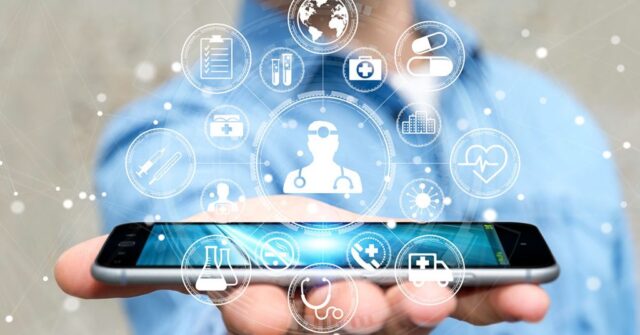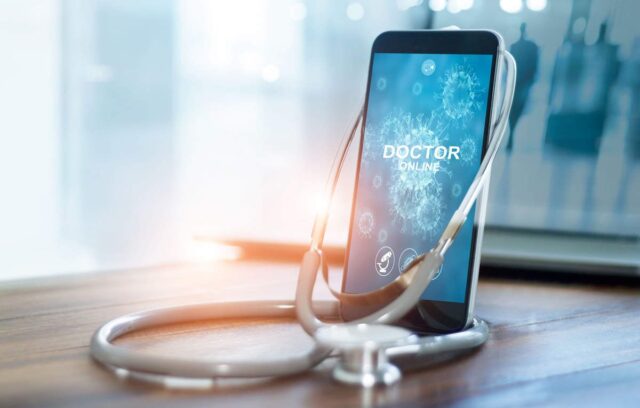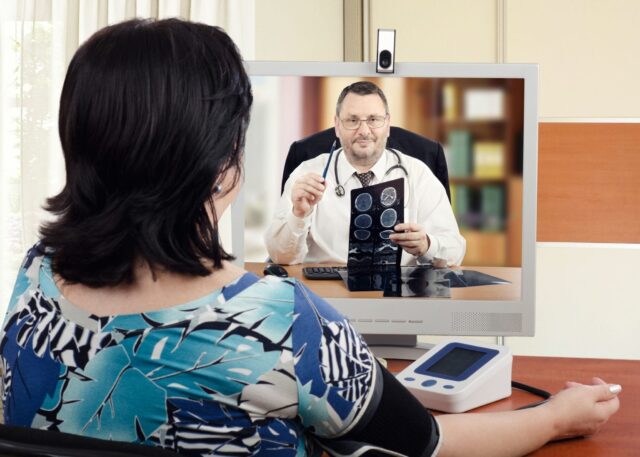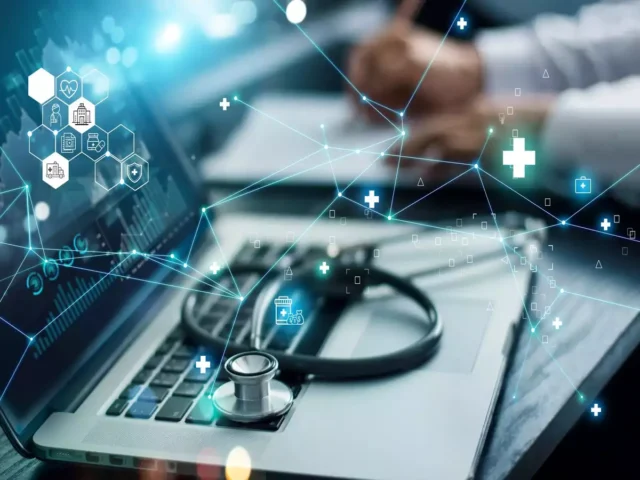
Delving into the historical tapestry of healthcare technology reveals a path marked by relentless innovation, evolving from rudimentary methods and natural remedies of ancient civilizations to today’s advanced technological landscape. The union of mobile technology and healthcare, or mHealth, emerged as a groundbreaking convergence in the late 20th and early 21st centuries, representing a pivotal shift in conceptual paradigms and operational frameworks in healthcare delivery and management.
This convergence unveiled applications and platforms equipped to monitor health, offer medical consultations, and provide vital medical information, dismantling barriers and fostering a proactive and informed consumer. Milestones such as the advent of the Health Insurance Portability and Accountability Act (HIPAA) in 1996, the introduction of the first smartphone in 2007, and the integration of Artificial Intelligence and wearables in recent years, illustrate the sustained progression and the boundless potential of mobile technology in sculpting a more resilient and adaptive healthcare paradigm.
Benefits of Mobile Technology

Mobile technology is a transformative force in healthcare, enhancing patient engagement by empowering individuals to actively manage their health through user-friendly apps and platforms. It democratizes access to these services, enabling individuals from diverse geographical and socio-economic backgrounds to access medical consultations, health information, and essential health services, thus making healthcare more inclusive and equitable.
The advent of remote monitoring and telemedicine allows for real-time monitoring, remote diagnosis, and virtual consultations, reducing hospital visits and costs, especially benefiting rural and underserved regions. Additionally, mobile technology facilitates extensive data collection and analysis, allowing its providers to gain insights into patients’ health, predict outcomes, and tailor interventions, thereby optimizing healthcare delivery and outcomes.
Mobile Apps for Health and Wellness
Mobile healthcare and wellness apps serve as innovative tools that support personal health management, offering a variety of functionalities ranging from fitness tracking to medication reminders. These apps categorize fitness, nutrition, mental health, medication management, and more, with popular examples like MyFitnessPal for nutrition tracking and Headspace for mental well-being. They are transforming individuals’ approach to health, encouraging proactive management, and offering personalized insights, thereby fostering a culture of wellness and preventative care.
Telemedicine: A Game-Changer

Telemedicine is altering the healthcare landscape by allowing patients and healthcare providers to connect remotely, offering numerous benefits like convenience, accessibility, and cost-effectiveness. It is especially revolutionary in areas with limited access to healthcare, providing essential services and bridging gaps in its delivery. Numerous case studies illustrate its success, showcasing improved healthcare access and outcomes, reduced costs, and enhanced patient satisfaction.
One noteworthy example of telemedicine’s transformative power comes from rural communities, where individuals previously faced lengthy and arduous journeys to access specialized care. Through telemedicine, patients can now consult with experts from the comfort of their homes, reducing travel time and expenses while receiving timely medical guidance. The result is improved access to critical services and better health outcomes.
Mobile Technology for Chronic Disease Management
Mobile technology is a vital ally in managing chronic diseases like diabetes and heart conditions, offering tools that monitor vital parameters, send reminders for medication, and provide valuable health insights. These innovations are instrumental in improving patient outcomes through continuous monitoring, timely interventions, and personalized care plans, enabling better management of chronic conditions and improving quality of life.
In the case of diabetes management, mobile apps, and wearable devices have revolutionized the way individuals monitor their blood glucose levels. Real-time data tracking and instant feedback allow for precise adjustments in insulin dosages and lifestyle choices, reducing the risk of complications and promoting overall well-being. Similarly, patients with heart conditions can benefit from continuous ECG monitoring, enhancing the early detection of irregularities and facilitating timely medical interventions.
Mobile Technology and Healthcare Professionals

For healthcare professionals, mobile apps and tools are invaluable assets, streamlining workflows, providing access to patient data, and offering continual learning opportunities. These technological innovations present both challenges and opportunities, necessitating the balancing of efficiency and data security, while ensuring compliance with regulations and maintaining the sanctity of the doctor-patient relationship.
Healthcare providers can access electronic health records (EHRs) on mobile devices, enabling them to make informed decisions quickly, even when away from their desks. Additionally, professionals can engage in continuing medical education through mobile platforms, staying updated on the latest medical advancements and treatment guidelines. However, maintaining the security and privacy of patient data remains paramount, requiring robust encryption, authentication, and data access controls.
The Impact of Wearables in Healthcare
Wearable health technology is integral to modern healthcare, monitoring vital signs and physical activity while integrating data into healthcare management. This seamless integration enables healthcare providers to monitor patients’ health continually, optimize treatment plans, and predict health outcomes, heralding a new era in personalized healthcare.
Mobile Technology and Patient Education
Mobile technology plays a crucial role in patient education, providing access to a plethora of medical information and resources, and encouraging informed decision-making. It fosters a sense of responsibility and awareness among individuals, enabling them to make educated health choices, adhere to treatment plans, and engage proactively in managing their health.
Security and Privacy Concerns

In the realm of mHealth, addressing security and privacy challenges is paramount. Ensuring HIPAA compliance and employing robust data protection strategies are essential to safeguard patient information and maintain trust. It is imperative to continuously evolve security measures to counter emerging threats and ensure the integrity and confidentiality of health data.
The Future of Mobile Technology in Healthcare
The future landscape of mHealth is brimming with innovations and advancements, with artificial intelligence and machine learning pioneering the next wave of transformation. These technologies promise to revolutionize remote patient care, enhance predictive analytics, and offer personalized health insights, shaping a future marked by enhanced accessibility, efficiency, and personalized care.
A Digital Healthcare Revolution
The integration of mobile technology in healthcare is spearheading a revolution, transforming every aspect of healthcare delivery and management. It’s creating a more resilient, adaptive, and patient-centered healthcare ecosystem. The advancements in mobile technology are not just enhancements but are pivotal in addressing contemporary healthcare challenges and in meeting the ever-evolving needs of patients and healthcare providers alike. Embracing this digital transformation is essential for achieving better health outcomes, ensuring equitable access to healthcare resources, and fostering a global community marked by wellness and informed health choices.









